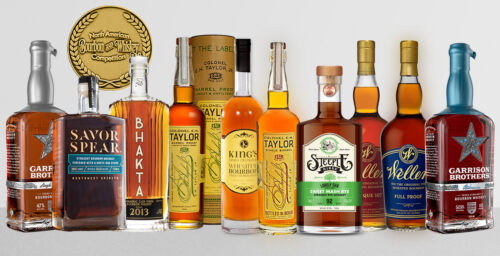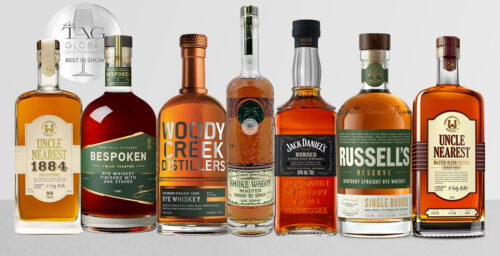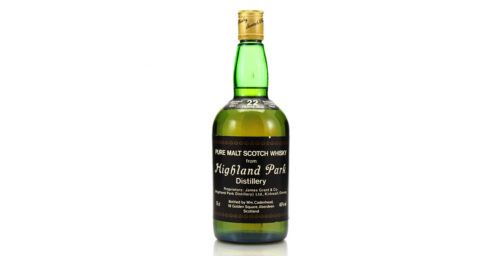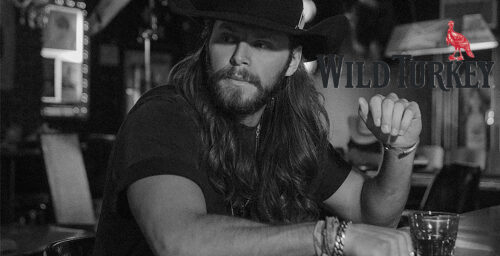Last month, Glenfiddich released a new whisky through blockchain-based technology of non-fungible tokens (NFTs).
15 NFT tokens, each representing a bottle of a 46 year-old Glenfiddich that spent 23 years of secondary maturation in an Armagnac cask, were sold for $18,000 per bottle, paid for with the ethereum cryptocurrency. Selling in seconds, some of the ownership tokens were subsequently resold for increasingly higher prices. The token also includes a special image of the bottle that can used for the purpose of showing off the purchase on social media. Once the token owner decides to claim their bottle from the distillery, the token is then deleted (or ‘burned’).
While this may just seem like an odd techie whisky story, NFTs are likely to represent a new frontier that luxury drinks brands. Co-founder of Blockbar Sam Falic, the company behind the Glenfiddich NFT whisky sales, claimed in a Punch article that all the major Scotch whisky corporations have been in touch:
“We’ve had conversations with every major spirits group in the world—Diageo, LVMH, Whyte & Mackay, William Grant & Sons, Sazerac, Bacardi, Edrington—we’ve spoken to everyone.”
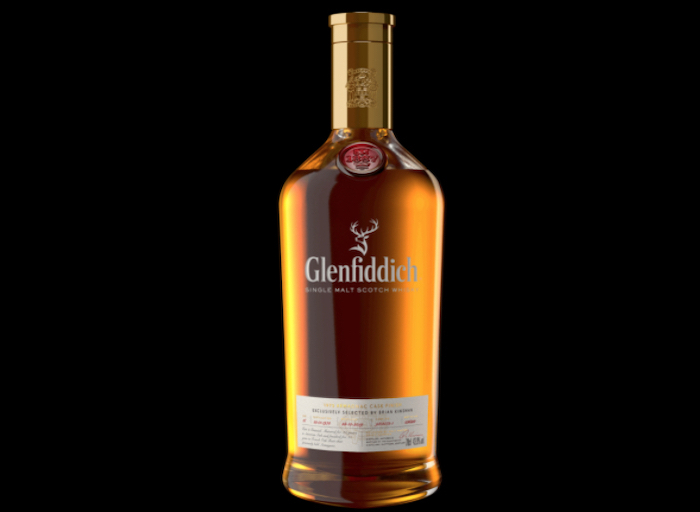
So what are NFTs exactly and how do they relate to whisky?
It’s fair to say NFTs themselves are an odd piece of blockchain technology. Now enormously popular, non-fungible tokens first began as a quirky way to protect the work of artists, especially work created and spread through digital media, by using blockchain technology to securely attribute authorship and ownership of a work and subsequently keep track of its distribution.
However, one of the creators of NFTs, Anil Dash, claimed the system is slapdash and counterproductive. NFTs can only protect a specific link to where digital art is stored, they are not the work itself. Dash says that if the work itself is stored on the website of a startup, and the startup goes bust and takes its site down, that work can still be lost.
Here’s where the whisky side of things comes in. By using NFTs for physical assets, such as whisky bottles, this issue is neatly sidestepped, keeping the technology itself relevant.
Because NFTs themselves have become speculative investment assets has also meant that prices for whisky offered on NFT platforms has quickly ballooned. Re-auctioned Glenfiddich NFTs are one example. Another is an NFT that represented ownership over a cask of Macallan that sold for $2.3 million.
However it is more likely, with global whisky brands now increasingly tying themselves to experiences and marketing around that trendy term ‘aspirational lifestyles’, that redeemed NFTs will serve in the future as a ‘Charlie and the Chocolate Factory’-style golden ticket, combining physical products with unique experiences. Colombian rum brand Dictador is leading the way here. Through BlockBar, Dictador’s 10 NFTs, initially priced at $25,000 each, include not just a bottle of 45 year-old rum but also a visit of the Cartagena-based distillery, a city sightseeing tour, and a private dinner for two with distillery master blender Hernan Parra which also includes a VIP tasting and a stay at a five star luxury hotel. Little wonder that Dalmore, which has long oriented in this kind of direction, has just announced the launch of a single NFT which includes its Decades collection of 4 whiskies and a special VIP distillery visit experience for $137,700.
This is in line with what whisky brands are already offering well-heeled customers, whether it’s VIP tastings at the new Johnnie Walker Princes Street experience in Edinburgh, stunning meals at Glenturret’s superb new restaurant, or other similar special whisky-based experiences.
By entering the NFT scene, whisky brands have access to a new demographic of younger wealthy people who ordinarily may not have considered spending silly amounts of money on luxury whisky. Through NFTs various interconnected strands in whisky (overpriced luxury releases, VIP experiences and murky unregulated investment in bottles and casks), are united.
With so much money to be made for the relatively little effort (and a large carbon footprint) required to create NFTs for products, little wonder so many whisky brands are eager to enter this new tech craze.



